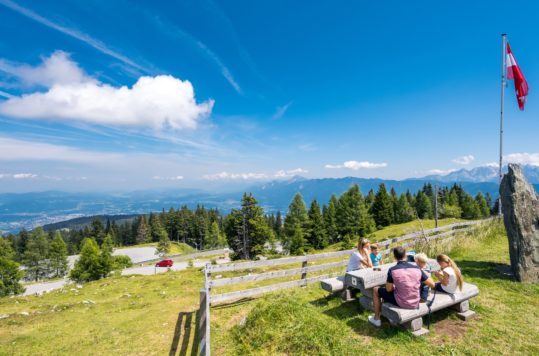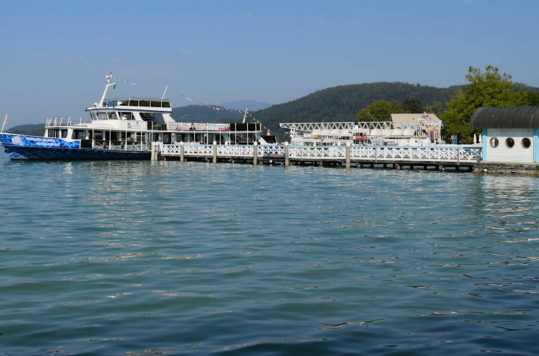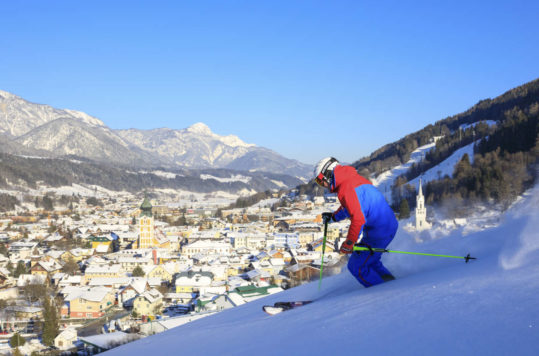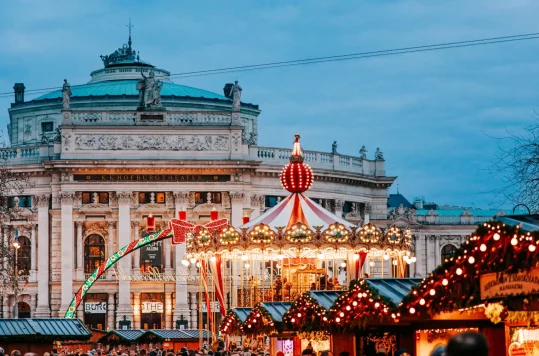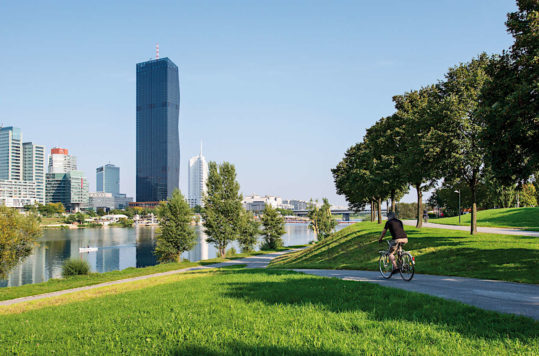Going on a business trip to Austria does not have to create any significant challenges. Nevertheless, here are a few tips about cultural factors that are nice to know.
The Austrians regard themselves as modern and liberal Europeans. However, this does not overshadow their appreciation for traditions and formalities. The cultural differences between people from non-German speaking countries and Austria are present. Still, you can avoid costly pitfalls with more profound knowledge of how Austria works. The Austrians are generally conservative and emphasize hospitality, courtesy, and traditions.
Nonetheless, although the Austrians are very friendly and open, one should get acquainted with some cultural peculiarities to avoid insults. Especially if you want to succeed in business, let’s start with the most elementary.
Always shake hands
It’s essential always to shake hands. Even friends and relatives who meet often shake hands when they meet. Furthermore, some Austrians habitually ” kiss” each other once on each cheek (ladies with ladies and men with ladies). Also, remember that you don’t lean over a table to shake hands. Instead, walk around it and shake each person’s hand by standing before them.
Tip: Shake hands with everyone in the room or setting, also children.
Titles are important
In Austria, formality is the rule. Rank and academic titles are always used in addition to Mr / Madam when addressing people. Not until you have gained a close relationship or it has explicitly been expressed, you may drop a rank/title and use the first name in Austria.
Tip: If you visit Austria often for business purposes, print business cards with German text and put your title(s) in connection with your name. In this way, you show that you respect and understand their culture.
Greeting in public
You are expected to greet unknown persons you encounter in the street, wherever you go, except in the big cities. You will soon notice what is going on and follow the local customs. Moreover, you will not insult anyone by greeting them. In smaller towns and the countryside, you often get to the informal “per Du” much faster than in larger cities.
Tip: Always greet people! Minimum with a nod and eye contact, and even better with a “Grüss Gott” or “Servus”.
ADVERTISEMENT
Business appointments
The primary holiday time in Austria is during August, and schools are closed from July to September. Christmas and Easter are also important holidays and are often devoted to the family. Setting up meetings during these times can be difficult, as long as it’s not important. Austria also has several public holidays (primarily related to the Catholic Church) that are not practised in non-Catholic countries. Hence, check an Austrian calendar showing public holidays before booking meetings.
Punctuality
Arriving at the agreed time is a virtue highly appreciated in Austria. If you think you might be late for a meeting due to traffic delays or caused by other events, call your business partners or hosts and let them know you are running late.
Business Etiquette
Etiquette is always important regardless of your relationship with your Austrian business partners. Most businesses in Austria are small or medium-sized, and many are family-owned and operated. Therefore, companies with predominantly younger management and employees are often more informal than firms with employees aged 40-50 years and above. Nonetheless, here are some general tips when conducting business meetings in Austria:
– Presentations should be accurate and precise.
– Show up with well-prepared materials and be prepared to defend everything: Austrians are meticulous with details.
– Meetings comply with strict agendas, including start and end times. If a plan is set, it will be followed.
– Austrians are usually more concerned with long-term conditions than making a quick sale.
– Austrians are detail-oriented and want to understand every nitty-gritty before reaching an agreement.
– Avoid confrontational behaviour and loud voices or dominance tactics. It can be used against you.
Advertisement
Dress stylish
Not only in formal contexts but also on regular working days, you should dress elegantly in Austria. This does not necessarily mean a conservative suit and tie but rather something other than well-worn jeans and T-shirts. Furthermore, if you represent your company outside the office, it is essential to present yourself in a well-groomed manner.
Austria has many different holidays. Both religious and cultural. Some of these are local to the region or state. You will often see that the Austrians dress up in traditional suits/dresses (dirndl). In the same way as the traditional dresses worldwide, different colours and styles belong to different regions in Austria. Lederhosen are also part of the men’s traditional costumes and are used at the Oktoberfest and on many other occasions. Foreigners are not expected to wear an Austrian outfit, but rather to wear stylish clothing suitable for the occasion.
Compliments
The Austrians take great pride in their country and appreciate your positive comments. For example, the beauty of nature or the cleanliness and well-maintained state of Austria.
Differentiate between work and private
In Austria, job and private life are primarily kept separate. They are invited home to someone who is usually reserved for friends and family. Business relationships are often nurtured in restaurants, bars, or other public places.
At a restaurant or bar
Alcohol is a natural part of Austria’s culture, but being openly intoxicated in informal contexts shows poor judgment. Moreover, the Austrians take toasts very seriously. When you toast with Austrians, look them in the eyes and clink the glasses together. The host typically presents the first toast.
Be reticent. Even if you attend a business dinner, it doesn’t mean you should immediately pursue business discussions. If the host has not addressed the topic, wait for the business talk. Use the initial time for small talk.
Language
The knowledge of English in Austria is not at the same level example in Scandinavia or the Netherlands. Furthermore, all movies are usually dubbed on TV and in cinemas in Austria. This means that the Austrians are far less exposed to English than in countries where films are shown in their original languages.
The Austrians are proud of their German dialect (which is not be compared to the German used in Germany, except perhaps in Bavaria). However, if you speak German, you will quickly hear that the dialects spoken in Austria differ significantly from what is said in Germany or Switzerland. Notwithstanding, the Austrians often use the so-cal”ed “Hochdeutsch”, a kind of neutral dialect, on formal occasions and when talking to people who are not native German speakers.
German is a precise language and requires some training to use it efficiently. Nonetheless, if you speak whatever German you know, it will impress the Austrians. Moreover, with its location in the middle of Europe, some Austrians have chosen secondary languages other than English. For example, some Austrians speak better French or Italian than English.
Taboos
Although there are not many taboos in Austria, there are still some topics to avoid in conversations or other forms of communication.
– Don’t compare Austria with Germany
– Don’t discuss the Second World War


